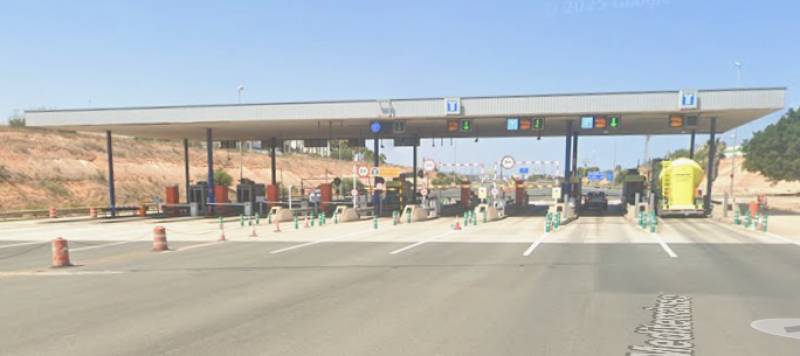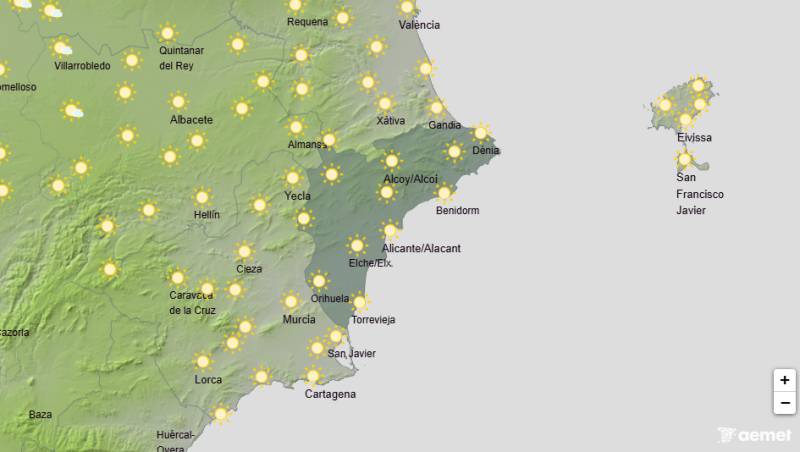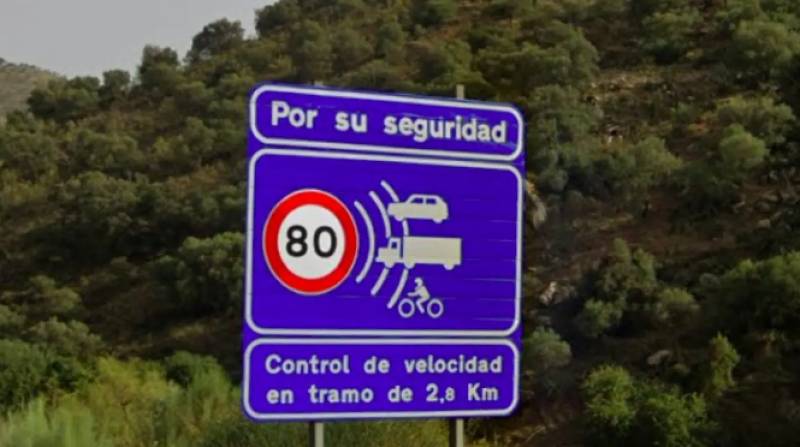- Region
- Vega baja
- Marina Alta
- Marina Baixa
- Alicante
- Baix Vinalopo
- Alto & Mitja Vinalopo
-
ALL TOWNS
- ALICANTE TOWNS
- Albatera
- Alfaz Del Pi
- Alicante City
- Alcoy
- Almoradi
- Benitatxell
- Bigastro
- Benferri
- Benidorm
- Calosa de Segura
- Calpe
- Catral
- Costa Blanca
- Cox
- Daya Vieja
- Denia
- Elche
- Elda
- Granja de Rocamora
- Guardamar del Segura
- Jacarilla
- Los Montesinos
- Orihuela
- Pedreguer
- Pilar de Horadada
- Playa Flamenca
- Quesada
- Rafal
- Redovan
- Rojales
- San Isidro
- Torrevieja
- Comunidad Valenciana
article_detail
Date Published: 01/04/2022
ARCHIVED - Everything you need to know about the new tourist tax in Valencia
Holidaymakers may have to fork out between 50 cents and two euros per night to stay in tourist accommodation on the Costa Blanca

The controversial tourist tax, which has sparked campaigns by Valencia businesses and employers' associations opposed to the Regional Government's plans to introduce the surcharge from 2023, has been approved in principal.
The tax is not compulsory, individual municipalities can choose to impose it or not, and a one-year relief period has been established to allow the tourist sector to recover from the effects of the pandemic, which brought national and international travel to a standstill.
Employers' associations, trade unions, neighbourhood federations and university experts have all criticised the tax, and the majority of popular resorts have already made it very clear they will "never" introduce the surcharge, arguing it will make the region less competitive to holidaymakers.
Hotel employers' association, Hosbec, went so far as to accuse the regional government of "hating tourism", and joined forces with the Business Confederation of the Valencia Community (CEV) to launch an online platform called 'No to Tourist Tax', collecting signatures against the plans.
But on Thursday March 31, the PSPV, Compromís and Unides Podem EU parties closed an agreement on the general lines of the tourist tax which, when the details are finalised, will become official from 2023.
The law will be regional in scope and it has been agreed that the regional government will apply a 100% exemption on the tax, basically waive the charge, and allow municipalities to impose the established surcharge if they wish to do so.
Who will pay the new tourist tax?
The tax applies to any traveller who spends the night in hotels, tourist accommodation, rural houses, campsites or hostels. In addition, tourists travelling on a cruise ship that stops off in the region, regardless of whether or not they 'sleep' in one of the ports, will have to pay. The establishments themselves will be responsible for collecting and transferring the money.
Who will be exempt?
Under 16-year-olds who stay in any of the above accommodations are exempt, along with: visitors on social trips, such as Imserso vacations for the elderly; people who are staying overnight for health reasons (also an accompanying person); refugees fleeing a war or similar conflict, as is currently the case in Ukraine.
How much will it cost?
The tourist tax ranges from 50 cents per night in campsites and hostels to two euros per night for overnight stays in 4 Star Superior and 5 Star hotels. Cruise ship tourists will pay 1.50 euros, the same as in higher category tourist accommodation. However, there will be a maximum limit of seven days so, for example, a tourist who spends a week in a top category hotel (and is not exempt) will pay a total of 14 euros, whilst a week's stay in a tourist flat will cost an additional 10.50 euros.
Where does the money go?
The money collected by the municipal councils that choose to implement the tax must be used to help improve tourist services or infrastructures, to promote good working practices, protect the environment or to facilitate access to housing, amongst other things.
Dotting the I's and crossing the T's
There are still a couple of final details to be ironed out over the next few days. For example, it still needs to be established if local councils can only apply the tax in the summer, or all year round, and whether or not to include tourist yachts. It will also be decided if congresses and scientific events should be exempt or not.
Image: Archive
staff.inc.ali
Loading
Sign up for the Spanish News Today Editors Roundup Weekly Bulletin and get an email with all the week’s news straight to your inbox
Special offer: Subscribe now for 25% off (36.95 euros for 48 Bulletins)
OR
you can sign up to our FREE weekly roundup!
Read some of our recent bulletins:
Discount Special Offer subscription:
36.95€ for 48 Editor’s Weekly News Roundup bulletins!
Please CLICK THE BUTTON to subscribe.
(List price 3 months 12 Bulletins)
Read more stories from around Spain:
Contact Murcia Today: Editorial 000 000 000 /
Office 000 000 000




































